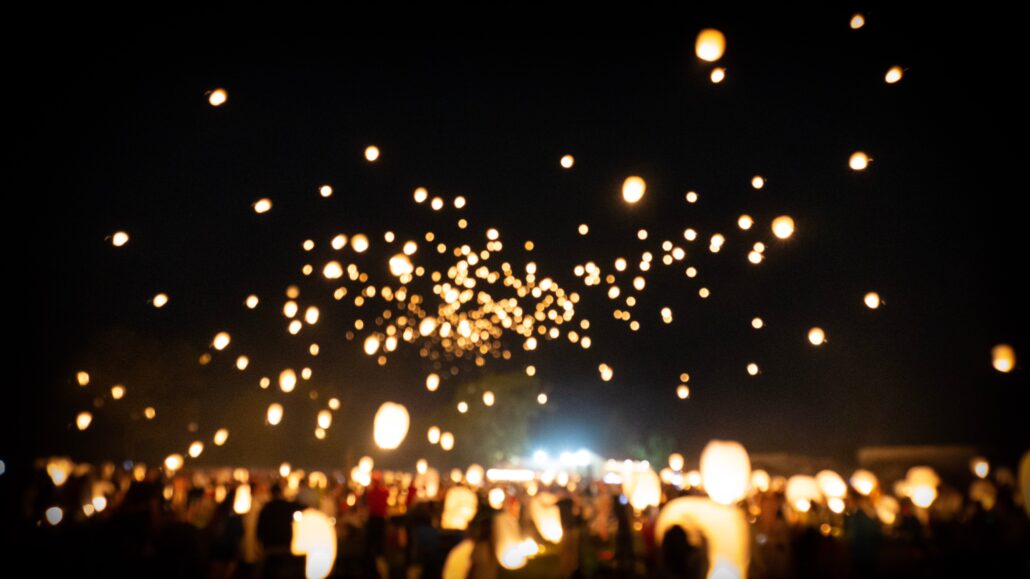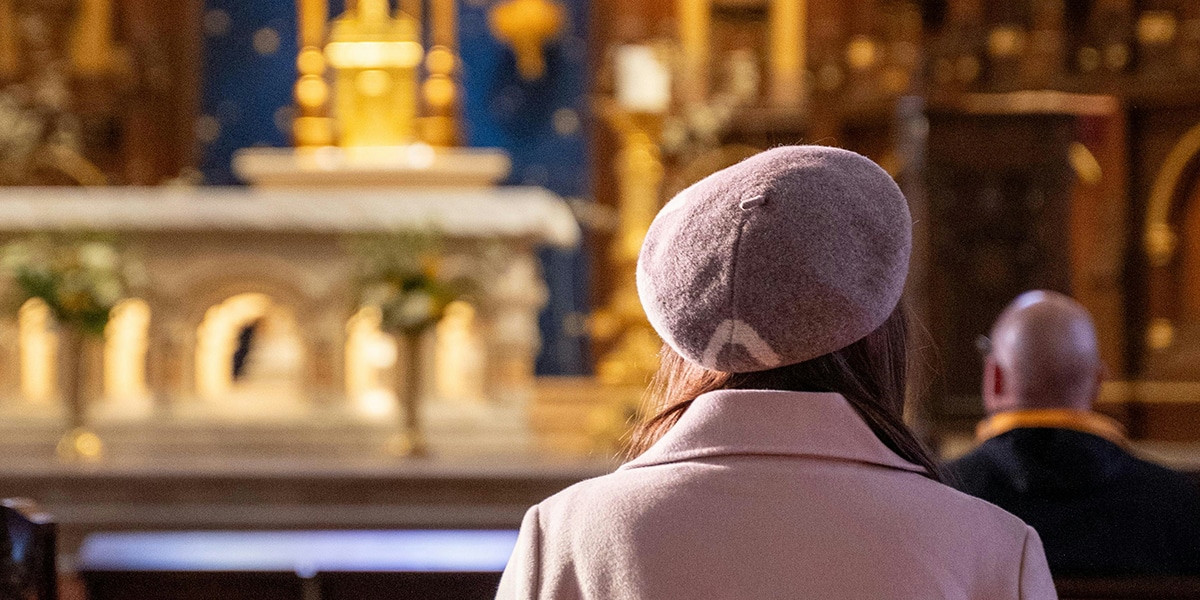On July 5, 1852, Fredrick Douglas, in addressing an anti-slavery conference in New York, said: “At a time like this, scorching irony, not convincing argument, is needed. O! had I the ability, and could I reach the nation’s ear, I would, to-day, pour out a fiery stream.
For it is not light that is needed, but fire; it is not the gentle shower, but thunder. We need the storm, the whirlwind, and the earthquake. The feeling of the nation must be quickened; the conscience of the nation must be roused; the propriety of the nation must be startled; the hypocrisy of the nation must be exposed; and its crimes against God and man must be proclaimed and denounced.”
On June 20, more than 2.5 million people from every state and over 140 countries gathered virtually as part of the Poor People’s Campaign call for a moral revival. At the same time, thousands of people across the country and the world are participating in Black Lives Matter protests in support of radical change in our communities. Maybe we are finally moving beyond the gentle shower and into the storm of change that Douglas called for 168 years ago.
When Poor People’s Campaign calls for a “moral revival” or Black Lives Matter call for “defunding the police,” they are not just talking about passing pieces of legislation or tweaking regulations. They are talking about re-imaging, creating a new vision of how we do community. For Christians it is not really a new vision it is the message that Jesus gave us throughout the Gospels. In Matthew 22:23 Jesus tells us: “Woe to you, teachers of the law and Pharisees, you hypocrites! You give a tenth of your spices—mint, dill and cumin. But you have neglected the more important matters of the law—justice, mercy and faithfulness.”
If we as people of faith are going to participate in this new/old creation we have to start with rethinking our theology. In his autobiography, Douglas wrote, “I love the pure, peaceable, and impartial Christianity of Christ: I therefore hate the corrupt slaveholding…hypocritical Christianity of this land. Indeed I can see no reason, but the most deceitful one, for calling the religion of this land Christianity.”
One of the core interpretations of our theology is the concept of domination. It starts with the precept that we as humans have domination over the rest of creation. Creation is there to serve us. Some of our great Christian theologians, like Augustine and Aquinas, argued that harming creation was wrong not because it caused pain or harm to creation, which they argued had no spirituality, but because it separated us from God. This theology of domination didn’t end with the rest of creation. We created a theology of domination over each other based on skin color, sexual identity, or race. We believed in theology centered around a white Adam, a white Moses, and a white Jesus, which gave the power of control and domination to white males. I often tell people that on February 11, 1954, I won the lottery. I was born white, cis-gendered male. No matter what I did or didn’t do for the rest of my life I was always operating from a position of advantage. It is not my fault that I was born that way. It is my fault if I do nothing to bring about change.
God Is Reflected in All of Creation
Eight hundred years ago a simple humble man lived in a small village in Italy. Francis of Assisi was not a brilliant scholar or theologian. He was not a gifted prophetic orator or writer. He was a failed soldier and the son of a wealthy merchant. What he did have was a vision of a different way of looking at creation and a different interpretation of the teachings of Jesus.
Francis believed in a mystical or a spiritual vision for all of the creative world as brother and sister. He described this in his Canticle of the Creatures. Francis believed in the interconnectedness of all creation. St. Bonaventure taught that just as creation is reflected in God, God is reflected in creation. Francis didn’t, as the saying goes, “talk the talk.” He “walked the walk.” He was alive during the 5th crusade. A time of war and hatred between Christians and Muslims. Francis left the comfort of his home in Assisi and traveled with a single companion to Damietta Egypt.
The place were the endless fighting between Christian and Muslim troops was happening. He managed to find his way into the Muslim encampment. He did so knowing that in all probability he would be killed. But he was willing to risk his life to bring about peace. He found a way to meet with the Sultan Al-Kamal. Together they forged an alliance that helped bring about an end to the crusades. In Matthew 20:22 Jesus ask us “Can you drink of this cup I am going to drink” Francis was willing sacrifice his life to drink of the cup, are we?
In Jeremiah 22:3 we are told: “Do what is just and right. Rescue from the hand of the oppressor, the one who has been robbed. Do no wrong or violence to the foreigner, the fatherless or the widow, and do not shed innocent blood in this place.” St. Bonaventure tells us that how we choose and what we choose makes a difference – first in what we become by our choices and second what the world becomes by our choices. The question is are we willing to wake up, to stand up, to speak up. Are we willing to get uncomfortable enough to finally accept the challenge that Fredrick Douglas laid down 168 years ago to not be the gentle shower, but to be the thunder, the storm, the whirlwind, and the earthquake?
St. Angela of Foligno, a 13th century Franciscan mystic, said: “My soul in an excess of wonder cried out, ‘This world is pregnant with God!’ Wherefore I understood how small is the whole of creation- that is, what is on this side and what is beyond the sea, the abyss, the sea itself, and everything else, but the power of God fills it all to overflowing.” Think about that image: the world pregnant with God overflowing with endless love—each moment of creation as a new birth of God. God reflected in all creation. Every part of creation is considered sacred. That, my brothers and sisters, is the new vision, the new theology.








